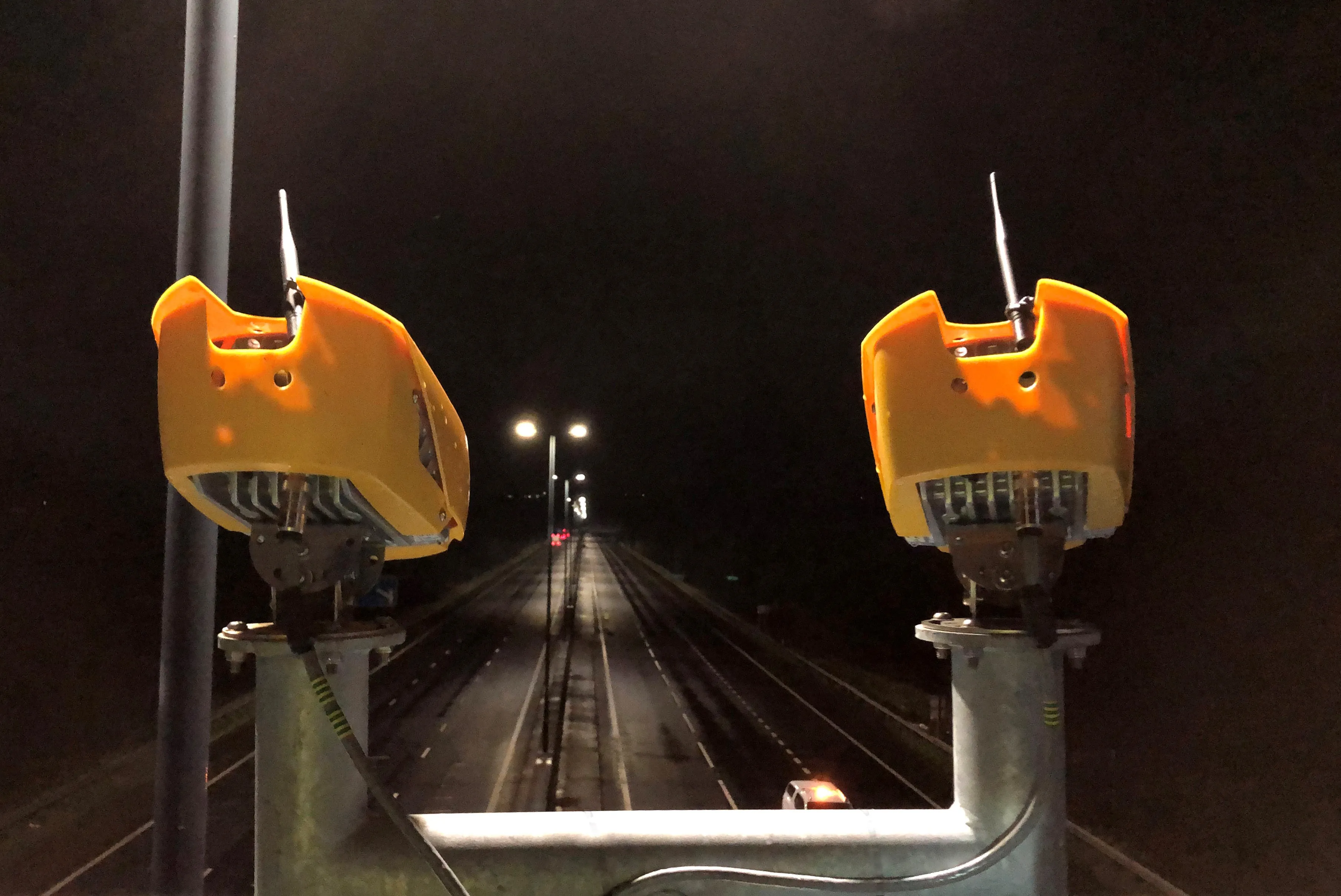
Jenoptik Traffic Solutions' average speed camera scheme has gone live on the M4 motorway in South Wales.
The cameras are part of the Welsh Government’s plans to manage congestion along motorway, a key link between England and Wales.
Authorities hope the initiative will also improve journey times, reduce the risk of accidents and improve air quality.
A total of 32 new SPECS cameras have been installed along the 15-mile stretch of the M4 through Gwent between junction 24 at The Coldra to junction 28 Newport West.
Jenoptik’s solution monitors the number plates of vehicles as they pass fixed points on the network, then calculates the time taken compared with how long it should take if the vehicle was driving at the speed limit.
Currently this is used for validation and enforcement checks - but prosecution notices will begin being issued to speeding drivers in the summer.
The camera system is supported by Jenoptik’s patented Vector IR ‘dark light’ illuminators.
Welsh Transport Minister Ken Skates says that the cameras are part of the country’s “clear objective to reduce emissions from the transport sector,”
Teresa Ciano from Go Safe, which is monitoring the data, says drivers on this section of the M4 "should see road safety and journey improvements".
Jenoptik deputy MD Geoff Collins says the solution "is proven again and again to deliver safer roads, more reliable journeys and reduced emissions".
"Responsible drivers on the M4 can be confident that the cameras will help deliver a better journey thanks to a fair and accurate enforcement solution," he concluded.








